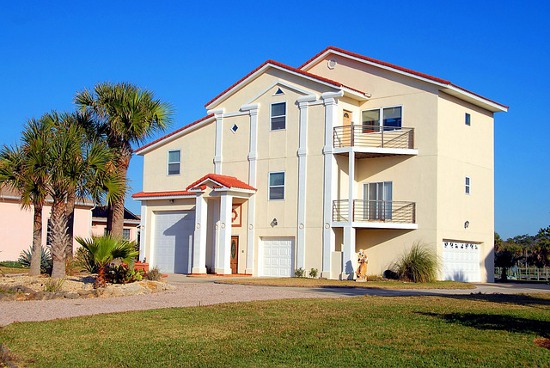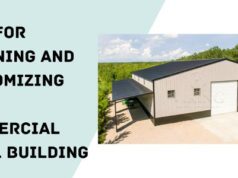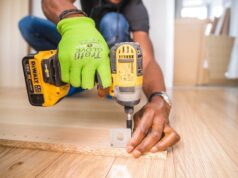There are several factors to think about when you purchase your first rental property. Just the base of the iceberg pertains to the kind of property, how you’ll discover renters, and how you’ll maintain the property. Use these suggestions before you purchase your first rental property.


Put Money Aside for a Down Payment
A larger down payment is typically needed for an investment property than a permanent residence. Depending on the loan type, a down payment of 15% to 25% is required when purchasing a rental property. As soon as you suspect that real estate investment is something you’d be interested in, it’s a brilliant idea to start saving.
If you still need more money, you may now be able to get a loan to pay for the remaining portion of your monthly payment. Consult a financial expert to find the best solutions for your particular circumstance.
Learn About the Place
Only buy a house after first doing some local market research. You invest in the area when you purchase a home. Do your homework to determine the average rent in the neighborhood, the population of renters there, and if the house you’re considering buying represents what tenants in the neighborhood desire.
Renters may not share your passion for a house or neighborhood. In an area where renting is more common than buying, it makes little sense to invest in a rental property. Work with a local real estate agent to determine whether it’s an excellent investment place.
Choose Between a Fixer-Upper and a Ready-to-Move-in Property
There are several methods to invest in property. You may purchase a house already rented out or a cheap one that requires some work before you can rent it out. Select your approach before beginning your property search.
If you like fixer-uppers, you can save money by purchasing an inexpensive home, improving it yourself, and renting it out. In addition to receiving rental money, the house should naturally increase in value due to your home modifications. The best option is to purchase home renovation properties if you want to buy and rent. You may also purchase a commercial washer and dryer to save money on energy costs.
Verify the Rental Market and Prices
Look at the rental data for the area. What is the typical cost of rent? How many bathrooms and bedrooms are specific to the neighborhood? Do most locals purchase a house or rent a place to live? How many openings are there right now on the market?
Vacancies and rental rates will directly impact your financial line as a landlord. While you must price your rental unit to compete with other vacancies, you must also charge enough rent to break even. To optimize your return, look for homes in locations with higher average rent costs and lower vacancy rates.
Clear Your Debts First
The cost of purchasing your first rental home is high yet thrilling. Everything rests on your shoulders as the landlord. It’s your fault that the water heater malfunctions. The roof needs to be fixed or replaced since it has problems.
If you currently have a large debt, you might need more money to set away for any emergencies that may arise with your rental property. Before purchasing a residence to increase your financial stability, concentrate on paying down (or off) your consumer debt.
Improve Your Credit
Financing for a property that will be used as an investment is quite different than financing for a home that will be your primary residence. Lenders prefer customers with excellent credit and consistent income since they consider investment lending riskier.
Pull your credit report and check for issues for at least a few months before considering purchasing a home to rent out. Examine such items as:
- You can catch up on past-due payments
- You can pay down high credit lines
- You can resolve collections
- You can challenge errors with the credit bureau
Take Legal Counsel
Before you purchase your first rental property, be aware of your rights and duties. A lawyer can help you decide whether your actions are wise, legal, and advantageous for everyone involved by reviewing your transaction, rental agreement, and plan.
Conclusion
Although being a landlord is labor-intensive, it may also be rewarding. Knowing what you’re getting into is crucial to making a profitable venture. Purchasing rental property may be a fantastic way to increase your income if you believe you possess what it requires to be a landlord.









